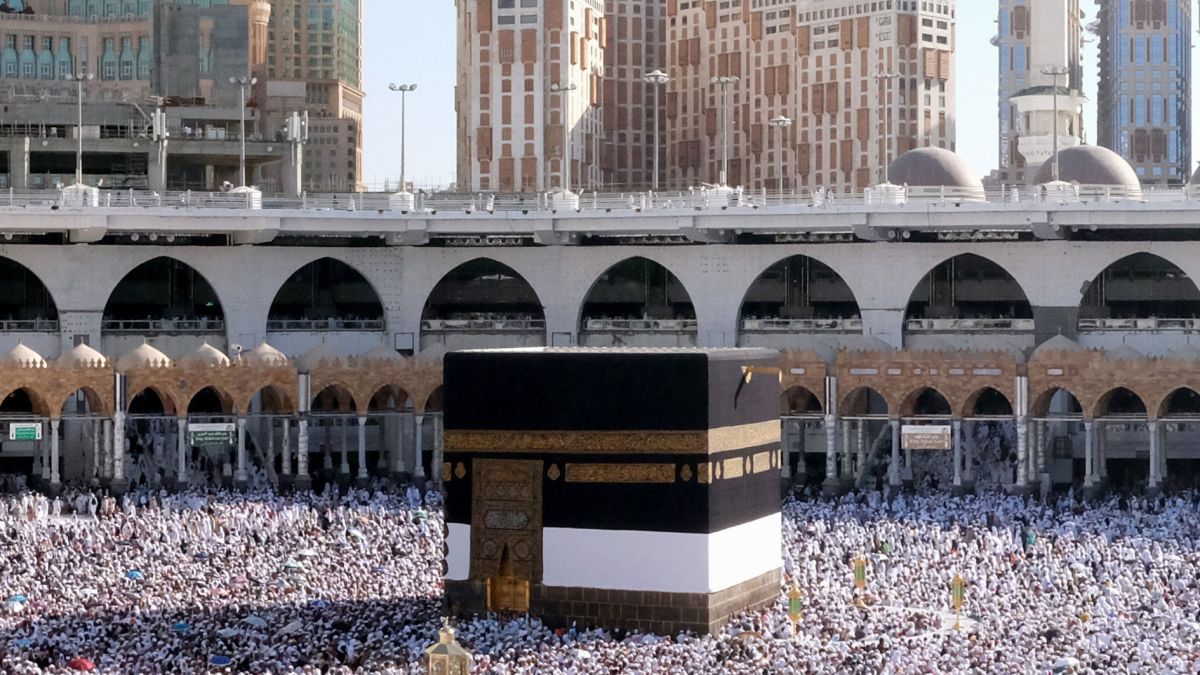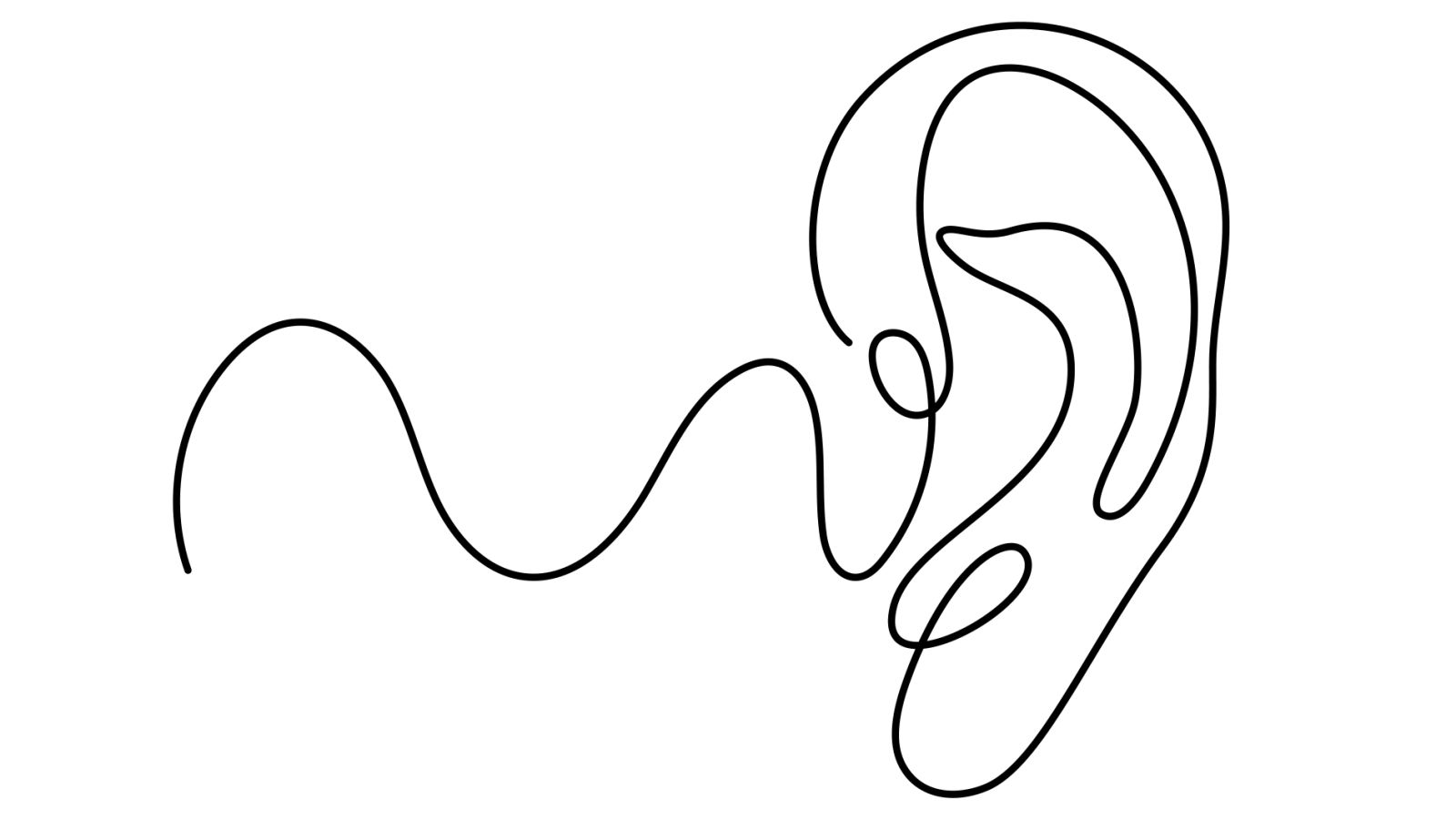The Month of Ḍhu al-Ḥijjah


The Prophet (ﷺ) said, “The greatest day of the Ḥajj (Pilgrimage) is the Day of al-Naḥr (Slaughtering).”
By the Grace of Allāh we have started the month of Dhu al-Ḥijjah (the month of Ḥajj or Pilgrimage), in which Allāh has marked out, for both the pilgrims and the non-pilgrims, some very blessed days. So we shall mention here some of the virtues and rewardful acts that are connected to these blessed days.
Doing Good Deeds in General
The first ten days of Dhu al-Ḥijjah are the best and most virtuous days of the year. They are the days in which Allāh the Mighty and Majestic – most loves the doing of good deeds. About this the Prophet (ﷺ) said, “The best days in the world are the ten days.”1
Imām Ibn al-Qayyim (d.751H) – raḥimahullāh – said, “Indeed, its days are the most excellent of all the days with Allāh. And it has been confirmed in Ṣaḥīḥ al-Bukhārī (2/382), from Ibn ʿAbbās (raḍī Allāhu ʿanhumā) who said, that Allāh’s Messenger (ﷺ) said, “There are no days during which good deeds are more beloved to Allāh than these (ten) days.” He was then asked, ‘Not even jihād in the path of Allāh?’ So he replied, “Not even jihād in the path of Allāh, except for a person who goes out with his self and his wealth, and comes back with nothing.” And it is these ten days that Allāh has taken an oath by in His Book, by His saying,
“By the Dawn and by the Ten Nights.”
[Sūrah-Fajr 89:1-2]
This is why it is recommended to increase in making takbīr (saying Allāhu akbar), tahlīl (saying Lā ilāha illā-Allāh) and tamhīd (saying Alhamdulillāh) during these days …”2
The Prophet (ﷺ) said, “There are no days that are greater with Allāh, and in which good deeds are more beloved to Him, than these ten days. So increase in making tasbīh (saying Subḥān Allāh), tamhīd, tahlīl and takbīr, during them.”3
Fasting the Day of ’Arafah
The ninth day of Dhu al-Ḥijjah is the day of ’Arafah, since it is on this day that the pilgrims gather at the mountain plain of ’Arafah, praying and supplicating to their Lord. It is mustahabb (highly recommended) for those who are not pilgrims to fast on this day, since the Prophet (ﷺ) was asked about fasting on the day of ’Arafah, so he said, “It expiates the sins of the past year and the coming year.”4 Likewise, the Prophet (ﷺ) said, ‘There is no day on which Allāh frees people from the Fire more so than on the day of ’Arafah. He comes close to those (people standing on ’Arafah), and then He reveals before His Angels saying, ‘What are these people seeking.”5
Imām al-Tirmidhī (d.275H) – raḥimahullāh – said, “The People of Knowledge consider it recommended to fast on the day of ’Arafah, except for those at ’Arafah.”6
Slaughtering on the Day of An-Nahr and ’Eedul-Adhā or the Following Three Days
The tenth day of Dhul-Hiijah is known as the day of an-Nahr (slaughtering), since it marks the ending of the major rites of Ḥajj (Pilgrimage), and commemorates the bounty and mercy of Allāh – the Most High – in that He gave His beloved Prophet Ibrāhīm – ʿalayhi al-Salām – a ram to sacrifice in place of his firstborn son Ismāʿīl – ʿalayhi al-Salām. And out of the ten best days of the year, it is the day of an-Nahr which is the most excellent day of the year with Allāh.
Shaykh al-Islām Ibn Taymīyyah (d.728H) – raḥimahullāh – said, “The most excellent day of the week is the day of Friday, by the agreement of the Scholars. And the most excellent day of the year is the day of an-Nahr. And some of them said that it is the day of ’Arafah. However, the first opinion is the correct one, since it is related in the Sunan collections that the Prophet (ﷺ) said, “The most excellent days with Allāh is the day of an-Nahr, then the day of al-Qarr (the day that the Muslims reside in Minā).” 7”8
The Prophet (ﷺ) said, “The greatest day of the Ḥajj (Pilgrimage) is the Day of an-Nahr (Slaughtering).”9
The day of an-Nahr is also known as ’Eedul-Adhaa (the Festivity of Sacrifice) and is one of the two major festivals that Allāh has granted to this Ummah. Anas (raḍī Allāhu ʿanhu) said, ‘The Prophet (ﷺ) came to al-Madīnah and the people of al-Madīnah had – since the times of jāhilīyyah (Pre-lslāmic Ignorance) – two days which they marked out for play and amusement. So the Prophet (ﷺ) said, ‘I came to you, and you had two days of play and amusement in the times of jāhilīyyah. But Allāh has replaced them with something better for you: The day of al-Adhā (sacrificing) and the day of al-Fitr (ending the Fast).”10
The Prophet (ﷺ) also said, “The day of al-Fitr, and the day of an-Nahr, and the days of at-Tashreeq (the three days after an-Nahr) are our days of ’Eed (festivity), and they are days of eating and drinking.”11
’Eedul-Adhā is a day in which the Muslims slaughter a camel, cow, sheep or goat, in commemoration of the sacrifice of Ibrāhīm – ’alayis-salām. And this sacrifice is an obligation upon all those who have the means to do so – according to the most correct opinion of the Scholars.12 The basis of this is the Prophet’s (ﷺ) saying, “One who has the ability to sacrifice but chooses not to do so, should not approach our place of (’Eed) Prayer.”13 And his (ﷺ) saying, “Whosoever sacrificed before the Prayer, then let him do so again. But whosoever has not sacrificed, then let him sacrifice.”14 So this order refers to those who have the ability to do so – and Allāh knows best.
As regards those who intends to sacrifice – normally the head of the household – then they are prohibited from cutting their hair or nails, starting from the first day of Dhu al-Ḥijjah up until after the sacrifice. Allāh’s Messenger (ﷺ) said, “When the ten days start, and one of you intends to sacrifice, then let him not cut his hair or his nails.”15
Glorifying Allāh with the Takbīr
From the day of ’Arafah (the 9th of Dhu al-Ḥijjah), up until theʿAṣr Prayer on the thirteen day, are days in which the takbīrāt (saying Allāhu Akbar) should be said. Imām al-Khaṭṭābī (d.456H) – raḥimahullāh – said, “The wisdom behind saying the takbīrāt in these days is that in the times of jāhilīyyah (pre-lslāmic ignorance), they used to slaughter for their ṭawāghīt (false objects of worship). So the takbīrāt were prescribed in order to indicate that the act of slaughtering is directed to Allāh alone, and by mentioning only His – the Mighty and Majestic – Name.”16
Shaykh al-lslām Ibn Taymīyyah – raḥimahullāh – said, “All praise be to Allāh. The most correct saying concerning the takbīr – that which the majority of the Salaf (Pious Predecessors), and the Scholars from the Companions and Imāms were upon – is to begin making the takbīr from Fajr (dawn) on the day of ’Arafah, up until the last day of at-Tashreeq (the thirteenth of Dhu al-Ḥijjah), after every Prayer.”17
Ibn Abī Shaybah relates, “That ʿAlī (raḍī Allāhu ʿʿʿanhu) used to make the takbīr beginning after the Fajr Prayer on the day of ’Arafah, up until after the ’ʿAṣr Prayer on the last day of at-Tashreeq.”18
As regards the actual wording of the takbīrāt, then nothing authentic has been related from the Prophet (ﷺ). However, certain wordings have been authentically related from a group of Companions. From them:
Ibn Masʿūd (raḍī Allāhu ʿanhu) would say, “Allāh is great, Allāh is great. None has the right to be worshipped except Him. And Allāh is great, Allāh is great. And to Him belongs all praise. [Allāhu akbar, Allāhu akbar, Allāhu akbar, Lā ilāha illā-Allāh, wallāhu akbar, Allāhu akbar wa lillāhil-hamd.]”19
Ibn ʿAbbās (raḍī Allāhu ʿanhu) said, “Allāh is great, Allāh is great, Allāh is great, and to Allāh belongs all praise. Allāh is greater and Sublime. Allāh is greater to what He has guided us to. [Allāhu akbar, Allāhu akbar, Allāhu akbar, wa lillāhil-hamd. Allāhu akbar wa ajalla. Allāhu akbar ʿalá mā hadānā.]”20
Unfortunately, many Muslims have neglected the takbīr established from our Salaf (Pious Predecessors) and have instead resorted to additions which have no basis at all.
Al-Ḥāfiẓ Ibn Hajr (d.856H) – raḥimahullāh – said, “Indeed, additions have been invented upon this day, which have no basis at all.”21
And may Allāh have mercy upon the one who said,
“Every good is in following the Salaf, And every evil is in the innovations of the late-comers.”
And all praise is for Allāh, Lord of the worlds. And may Allāh extol and send the choicest blessings of peace upon our Leader, Muḥammad, and upon his Family, his Companions, and all those who follow them.
Endnotes:
[1] Ṣaḥīḥ: Related by al-Bazzaar (1/234). It was authenticated by Shaykh al-Albānī in Ṣaḥīḥ al-Jāmiʿ (no. 1133).
[2] Refer to Zād al-Maʿād (1/56).
[3] Ṣaḥīḥ: Related by at-Ṭabarānī in al-Kabīr (3/110/1) It was authenticated by al-Mundharī in al-Targhīb wa-al-Tarḥīb (2/24).
[4] Related by Muslim (no. 1162), from Abū Qatādah (raḍī Allāhu ʿanhu).
[5] Related by Muslim (no. 1348), from ’Aa‘ishah (raḍī Allāhu ’anhaa).
[6] Refer to Jāmiʿut-Tirmidhī (3/377).
[7] Ṣaḥīḥ: Related by Abū Dāwūd (no. 1765), from ʿAbdullāh Ibn Qart (raḍī Allāhu ʿanhu). It was authenticated by al-Albānī in Irwāʾ al-Ghalīl (no. 2018).
[8] Refer to Majmūʿ al-Fatāwá (25/288).
[9] Ṣaḥīḥ: Related by Abū Dāwūd (no. 1945), from Ibn ʿUmar (raḍī Allāhu ʿanhu). It was authenticated by al-Albānī in al-lrwā‘ (no. 1101).
[10] Ṣaḥīḥ: Related by Aḥmad (3/103).it was authenticated by al-Ḥāfiẓ Ibn Hajr in Bulūgh al-Marām (no. 398).
[11] Ṣaḥīḥ: Related by Aḥmad (no. 1945), from ʿUqbah Ibn ʿĀmir (raḍī Allāhu ʿanhu). It was authenticated by al-Albānī in Ṣaḥīḥ al-Jāmiʿ (no. 8192).
[12] As explained by Ibn Taymīyyah in Majmūʿ al-Fatāwá (23/162-164).
[13] Ḥasan: Related by Ibn Mājah (no. 3123), from Abū Hurayrah (raḍī Allāhu ʿanhu). It was authenticated by Shaykh al-Albānī in Takhreej Mushkilatul-Fiqr (no. 398).
[14] Related by al-Bukhārī (no. 5562) and Muslim (no. 1960), from Jundub Ibn ʿAbdullāh al-Bajalī (raḍī Allāhu ʿanhu).
[15] Related by Muslim (no. 1977), from Umm Salamah (raḍī Allāhu ’anhaa).
[16] Quoted from Fat′h al-Bārī (21/586).
[17] Majmūʿ al-Fatāwá (24/220). However, what seems more correct is not to restrict the takbīrāt to being just after every Prayer, as al-Ḥāfiẓ Ibn Hajr pointed out in Fat′h al-Bārī (21/587).
[18] Related by Ibn Abī Shaybah in al-Mūsánnaf (2/1/2). It was authenticated by al-Albānī in al-lrwā‘ (31/125).
[19] Related by Ibn Abī Shaybah with an authentic chain of narration
[20] Related by al-Bayḥaqī (3/315) with an authentic chain of narration.
[21] Fat′h al-Bārī (2/536).

















